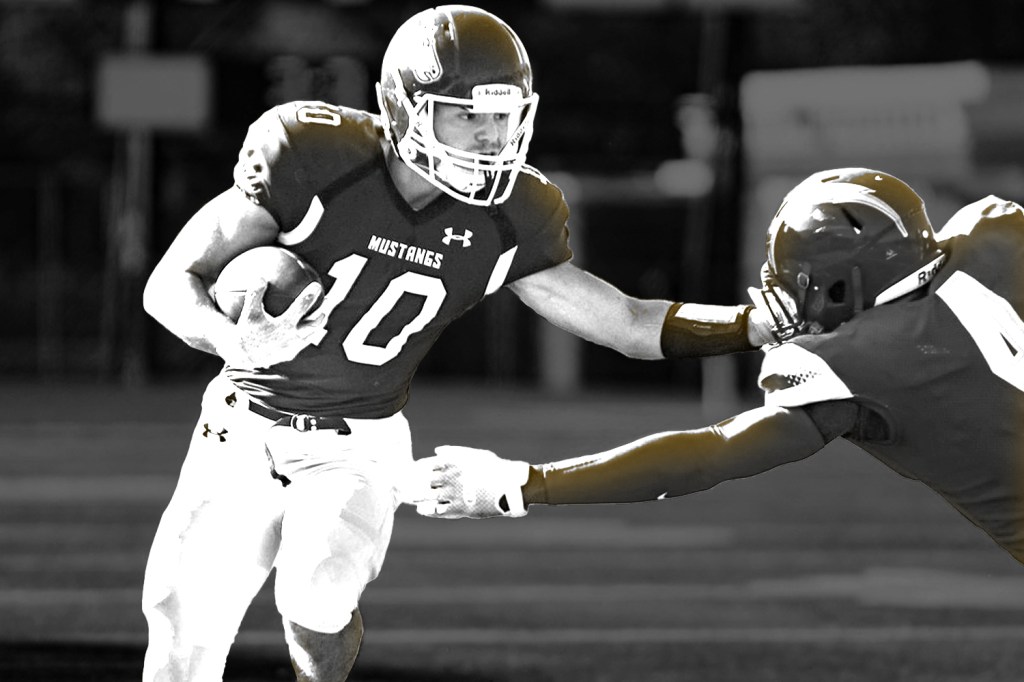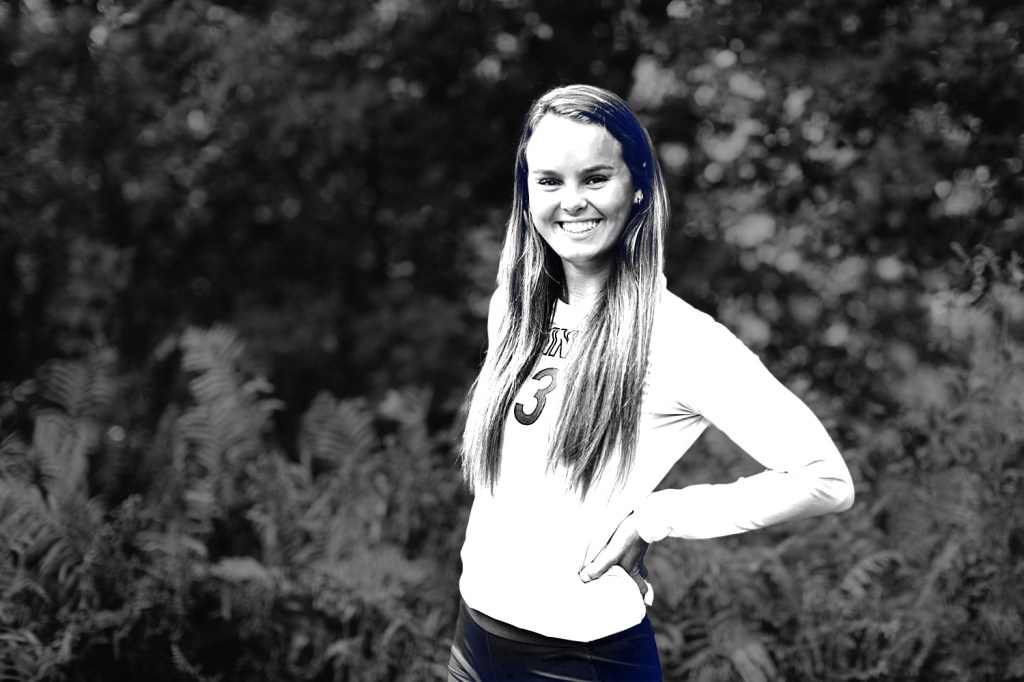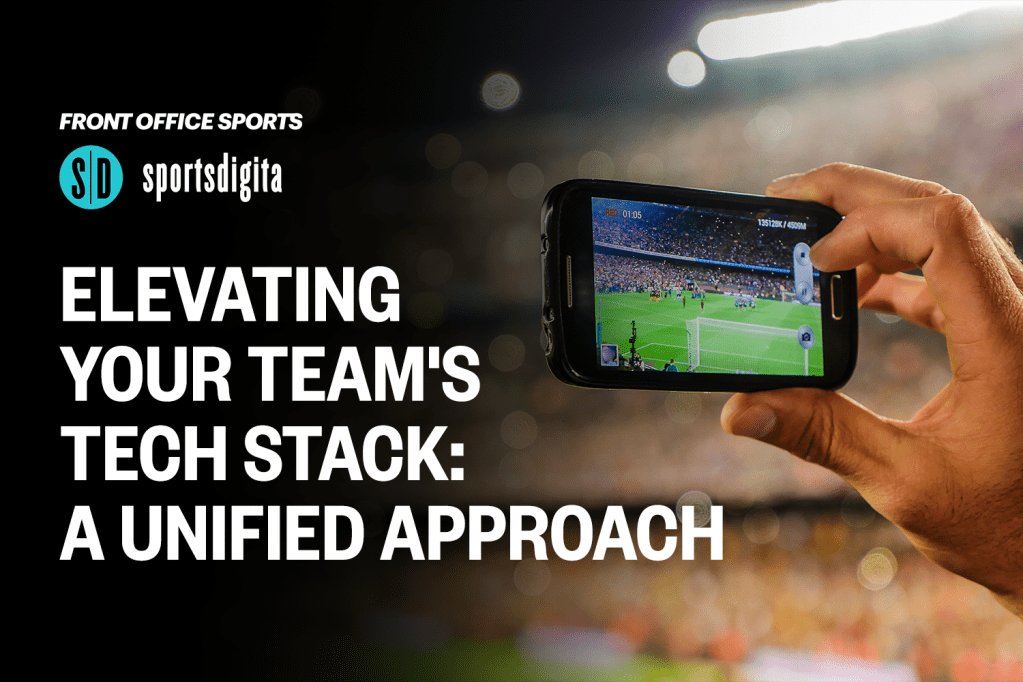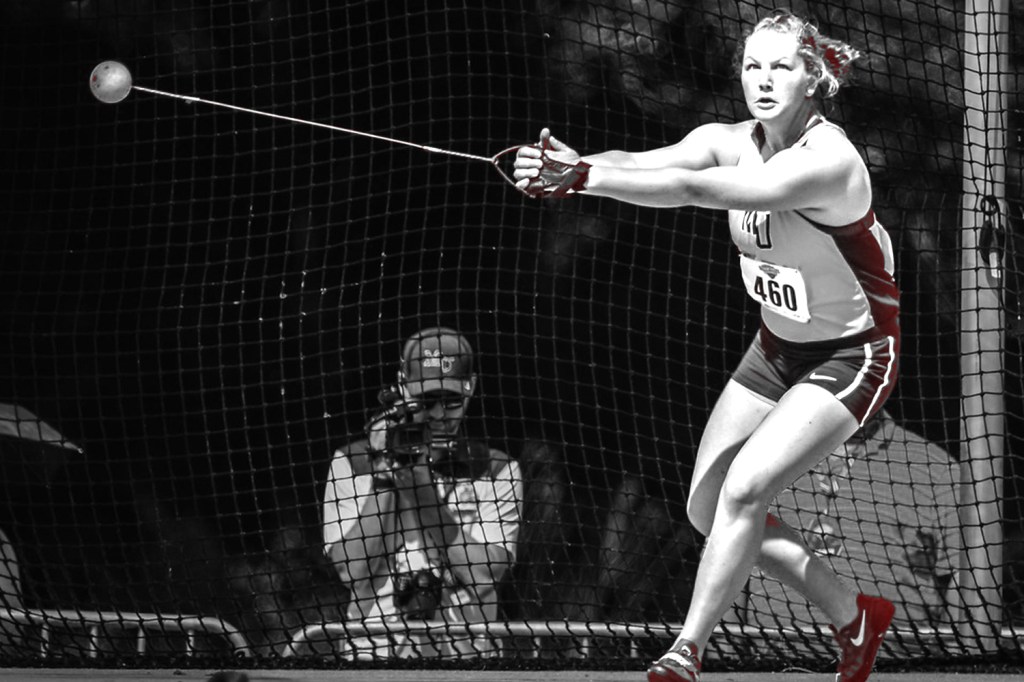After a California NIL law passed in 2019, the NCAA announced it would restore its athletes’ rights to profit off their name, image, and likeness. But more than a year-and-a-half later, the governing body still hasn’t passed NIL rules.
Meanwhile, the NAIA passed NIL laws in October 2020, and athletes just spent their first year making money.
NAIA’s Blueprint
The NAIA’s rules are much looser than the NCAA’s proposal from November.
For example, they’re much less restrictive on the types of deals athletes can participate in. The NAIA allows athletes to use their school logos, or wear their jerseys, in endorsement deals. That’s something the NCAA wants to prohibit, according to its November proposal.
The NCAA’s legislation would also keep athletes from signing deals with companies that “conflict with NCAA legislation” — like “banned substances” or sports betting entities. Athletic departments, however, currently have sponsorship deals with sports betting operators.
The NAIA leaves that restriction up to individual conferences.
Perhaps the dizzying number of caveats to NCAA NIL rules is why the governing body plans to pay a third-party administrator to oversee and police its deals. The NAIA, meanwhile, only requires that athletes tell their athletic departments about their NIL plans.
The NAIA didn’t respond to FOS’ written interview requests. But athletes all over the NAIA have already successfully made money off their NIL. And, in general, the sky hasn’t fallen.
Unnecessary Complications
The NCAA wants tight control over NIL deals. But in January, the Justice Department warned that the NCAA’s rules could violate federal antitrust law because they’re too strict, according to USA Today.
So the governing body claims it can’t pass NIL laws until it receives a decision in the antitrust Supreme Court case, NCAA v. Alston.
The NAIA has shown it’s possible to write NIL laws that don’t violate antitrust. The NCAA could follow suit, but it’s too concerned with NIL deals going awry — which could result in losing its grip on amateurism.
State-by-State Caveats
NAIA schools could be subject to state NIL laws that don’t specify that they refer only to NCAA athletes. In fact, the NAIA knew it would have to abide by the California law, which is why it changed its rules in the first place.
So while this year may have been simple, NAIA schools may have more specific restrictions if they’re in states where laws have extra caveats.





